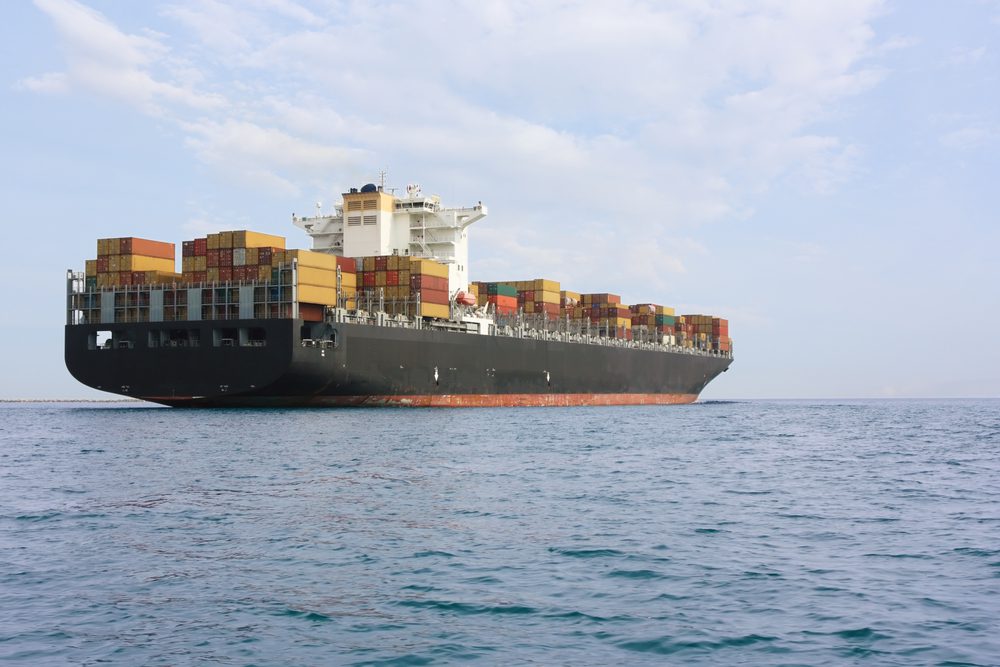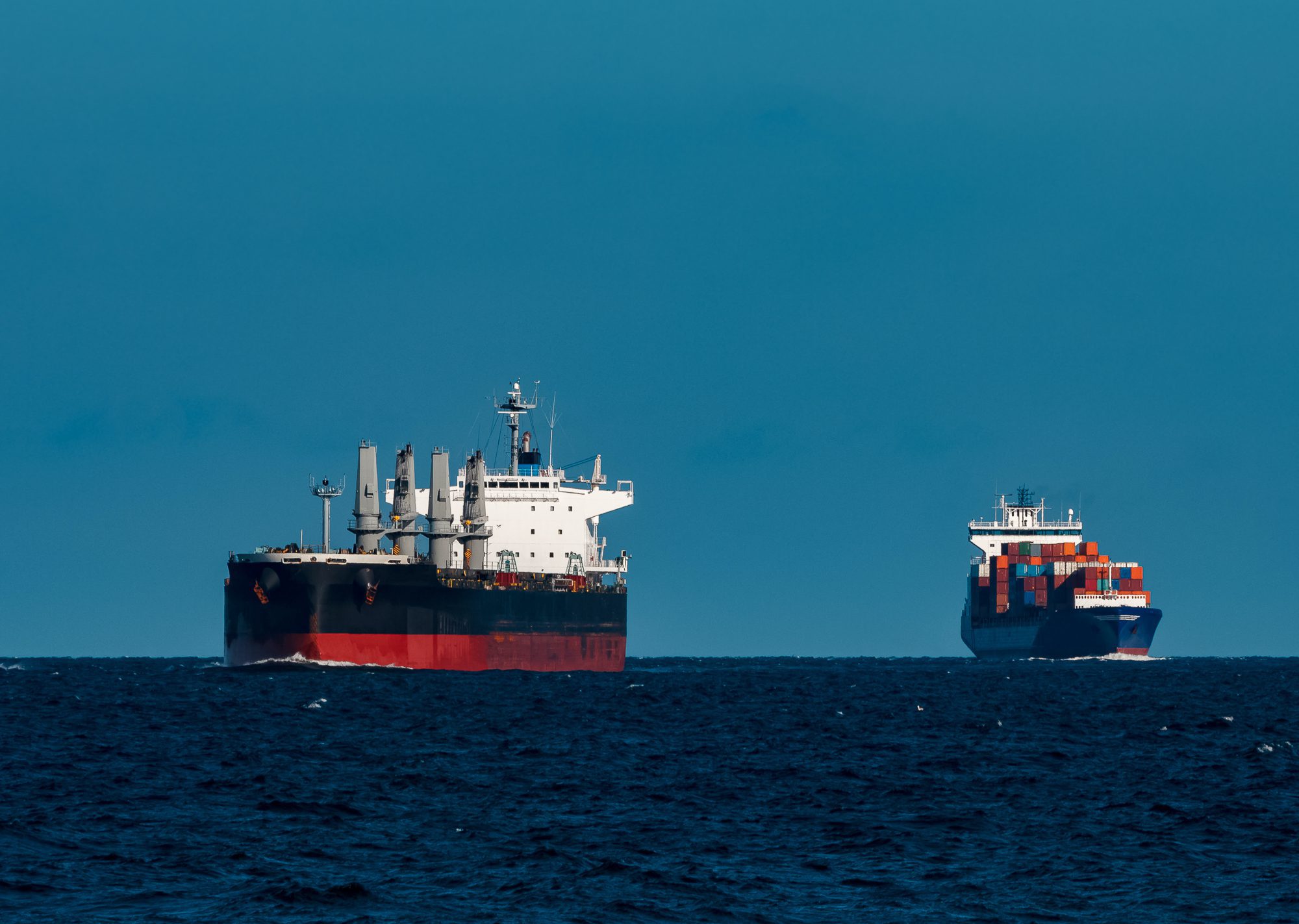By Alex Longley and Jack Wittels (Bloomberg) —
A boom in Scottish diesel imports offers a glimpse into the country’s future energy security ahead of the potential closure of its only oil refinery.
Imports to a key port on the east coast surged to the highest in at least eight years in January, data from analytics firm Vortexa Ltd. show. Usually, much of the nation’s diesel is processed from crude at Petroineos’s Grangemouth plant, which may close as soon as next year after losses over the past decade.
The sudden flurry of imports highlights why the potential closure of the refinery outside Edinburgh has become a political hot potato. The site accounts for about 13% of the UK’s fuel production and contributes to about 4% of Scotland’s economy, while also supplying fuel into northern England and parts of Northern Ireland. A shutdown would increase Scotland’s reliance on imports.
“Grangemouth is of strategic importance to the economy, not just of Scotland, but of the whole UK,” Neil Gray, who was the Scottish energy secretary until early February, wrote in a letter to the UK government last month.
A senior Petroineos executive told a Scottish government committee last year that it wants to close the refinery partly because it incurred losses of more than $1 billion in the last decade. He also said that a key diesel-producing unit had been offline for several months due to operational issues, and that its restart was vital for the viability of the refinery’s business.
Much of the infrastructure at the site, which began operating about a century ago, is far older than swaths of new capacity being brought online in the Middle East and China. Petroineos plans to turn the site into a fuel-import terminal and retain its chemicals operations there.
Recent Imports
The precise cause of January’s import boom is hard to pin down, but the Grangemouth refinery — and a pipeline that serves it — have seen some curtailments since last year, and some fuel-making units have been taken out of operation this month.
There was a leak last month at a key crude pipeline that feeds the terminal from the west coast. In the days after, a local fuel station had no gasoline and diesel for almost a week, citing issues at Grangemouth.
Part of the decision to plan for the site’s closure stems from a £40 million ($50.4 million) cost to get a license by mid-2025 to keep it open, Iain Hardie, Petroineos’s head of legal and external affairs, said in a parliamentary committee meeting in December.
That has sparked debate about whether the government should step in to protect hundreds of jobs that risk being lost if the refinery closes.
At a meeting last month, Energy Minister Graham Stuart said the government would consider any requests for support, but that it had received no such claim from Petroineos. The company said it hadn’t made a claim based on feedback from the government.
When Petroineos last year announced the planned closure and conversion of the plant into a fuel-import site, the UK government said it was confident about the country’s supplies.
“Grangemouth is critical national infrastructure, it’s big news in any context,” Petroineos’s Hardie said in December. “What we are doing now is putting in place the enabling infrastructure so that we can continue to play the role of a fuel supplier in Scotland, but not as a manufacturer.”
© 2024 Bloomberg L.P.

 Join The Club
Join The Club










